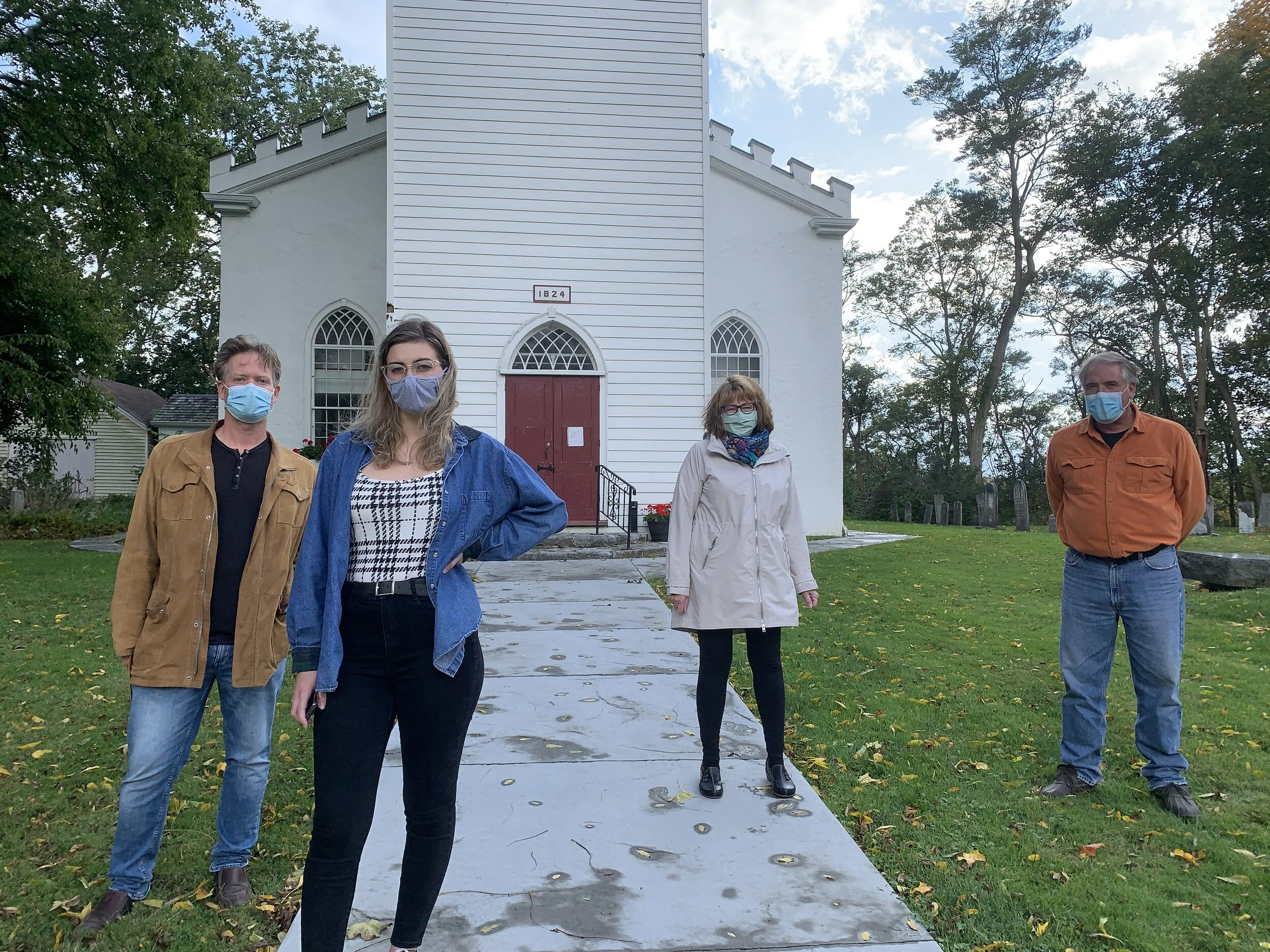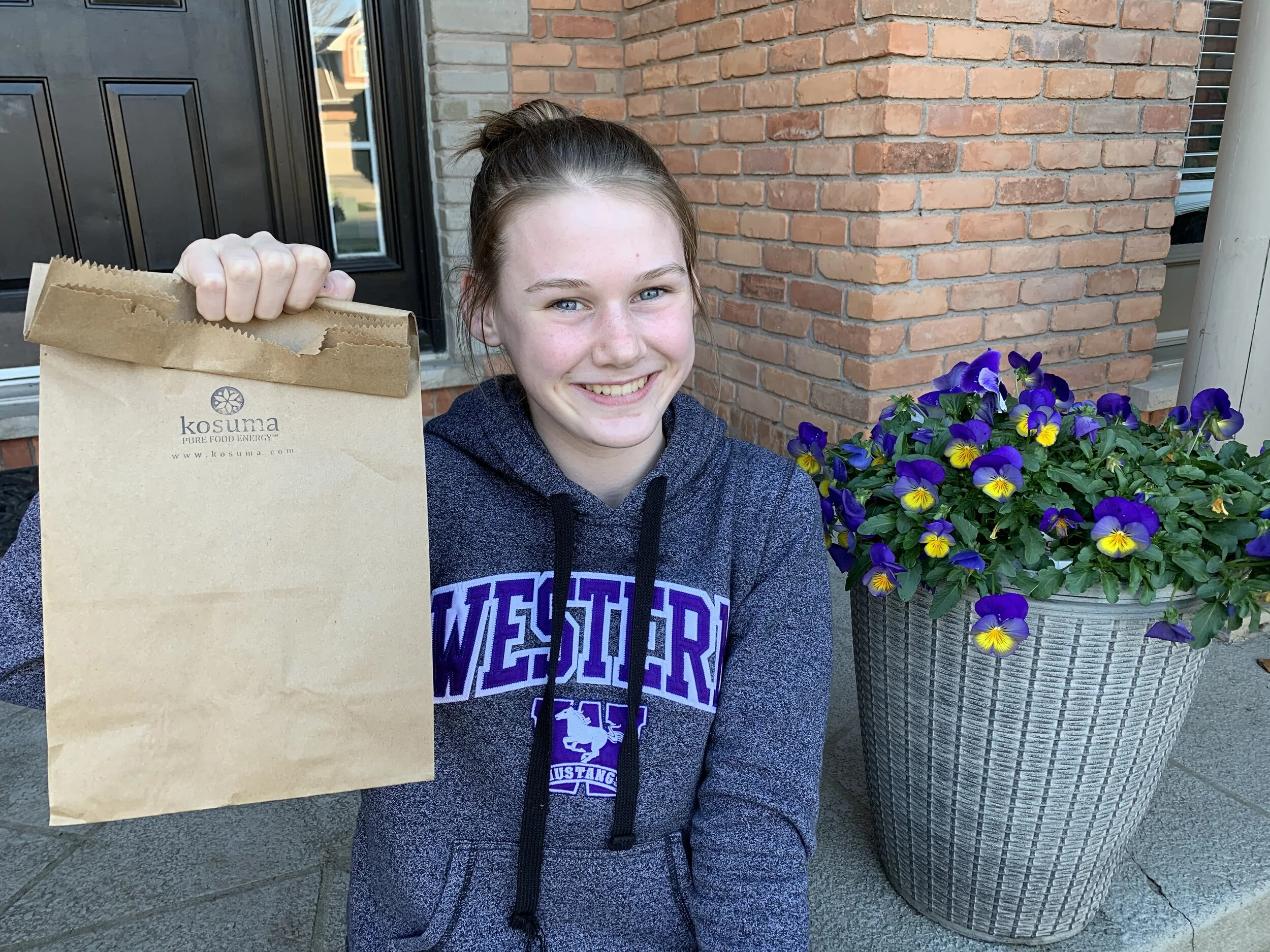How Teenagers are Learning About Government Through the Pandemic
Sophie Mutch is a recent graduate of École Secondaire Catholique Monseigneur-Bruyère in London, where she served as Student Council President and was a member of the volleyball, basketball, cross-country and track teams; in the fall, she will be starting grade nine at Sir Frederick Banting Secondary School. She has a strong interest in music & theatre, too. Sophie is the first contributor to our new ‘young & free future’ series … currently, we are providing grade eight students the opportunity to share articles on our website, and be paid, too! This is the last of three articles that Sophie will be writing for young & free press this summer.
Throughout the COVID-19 pandemic, we have witnessed in a heightened way the essential role of government. Who do we turn to for leadership when there is a crisis? For teenagers, this may have been the first time that we had to think of this through a real-life lens. I wanted to explore what opportunities young people could uncover during this time of crisis and recovery, and offer the teenage perspective and understanding of government at multiple levels. To accomplish this, I met with a number of public figures in the London area and asked questions.
When speaking with London West MPP Peggy Sattler, she mentioned that ‘‘people recognize that it is not a hard line between the government on one side and the people on the other, and that we can collectively push the government to address the things that matter to us.” This was such a helpful comment. Teenagers need to recognize this, and hopefully through the pandemic, we are seeing this more and more. The whole point of the government is to represent the people and make informed decisions to benefit society best. I believe it is crucial that we ensure that the government listens to youth as part of this process. Our public officials need to know what people want in order to make the best decisions possible, including teenagers – we have an innate sense of what is coming next and our views should be heard. It is always best to consider the needs of all stakeholders before making important decisions.
Of course, the government cannot simply make decisions based on what people are advocating for, but it should be a factor. While I was talking to MPP Sattler, she noted that she ‘‘thinks that it is very empowering for young people to see the interaction between what citizens want and what the government’s responsibilities are. In the case of this pandemic, the government is single-mindedly focused on the public good. Even at the cost of shutting down the economy, people’s health and well-being was put at the forefront. For young people, I think it is empowering to see this opportunity to be able to push forward on the issues they care about.’’
The provincial government has been concerned more and more with public safety throughout the COVID-19 pandemic, but what about the municipal government? I wondered how the London Transit Commission (LTC) would ensure rider and bus driver safety, so I spoke with the Chair of the LTC and London City Councillor, Phil Squire. In order to ensure safety of all, Squire said that the LTC would continue to have passengers enter through the back of the bus and provide free transit until the Middlesex Health Unit assured them that it is the right time to start having passengers enter through the front of the bus and to collect fares. As well, the LTC will be installing plexiglass protectors in all buses to separate bus drivers from passengers. As Squire told me, ‘‘then the drivers will be safe from, not only COVID-19, but also passengers who are difficult or passengers who are abusive towards drivers.’’ With the plexiglass protectors in place, this opens up the possibility of having passengers enter through the front of the bus and start collecting fares again. The enter-through-the-back policy was originally intended until June 30th, but has currently been extended until July 31st.
The federal government has also been very concerned with public safety, putting in place a number of policies to keep the number of COVID-19 cases per capita low. While I was talking with London North Centre MP Peter Fragiskatos, he explained that many of the current policies could provide good blueprints if there were to be another health crisis. Secondly, he stated that the current situation has proven how vital it is to be prepared in case of emergency, and that he believes that governments will now recognize how important it is to be prepared in case of another health crisis. There is no question that all of us, including teenagers, will remember the challenges of this time, and this will inform public policy for decades.
The pandemic has not only highlighted how different levels of government respond to concerns over public safety, but has also prompted citizens to be outside more often and consider alternate modes of transportation. It is important that everyone spends time outside for their mental and physical well-being. For this, I spoke with the MPP for Elgin-Middlesex-London, the Hon. Jeff Yurek, who is also the Minister of the Environment, Conservation and Parks. He stated that ‘‘the pandemic has provided an opportunity for people to find alternative activities to undertake … being unable to gather in groups has given people the opportunity to enjoy parks and trails and reacquaint themselves with nature.’’ He hopes that people will continue to spend more time outside post-pandemic, and that as people spend more time exploring, they will have a greater appreciation for nature. We can also imagine ways to embed arts and culture activities outdoors – from murals in downtown areas to outdoor plays and concerts in parks to the use of augmented reality, which can be enjoyed solo or in small groups.
While the experience of living through the COVID-19 pandemic has been often sad and the loss of life is incredibly upsetting, simultaneously we can see how our communities need to evolve and become stronger. We are going to need our elected representatives to be responsive and forward-thinking when making investments that shape our cities, towns and rural areas.
As future voters, teenage voices are tremendously important to our local politicians. We provide a sneak-peek of how the electorate will be thinking in the coming years.
Thank you to Peter Fragiskatos, Jeff Yurek, Peggy Sattler, and Phil Squire for being accessible and willing to offer input for this article. I am happy to know that there does not need to be a ‘hard line’ between the government and the people. We can co-create the future of our communities.
Sophie Mutch is the first contributor to our ‘young & free future’ series at young & free press. She lives in London and will be attending Sir Frederick Banting Secondary School in the fall.







